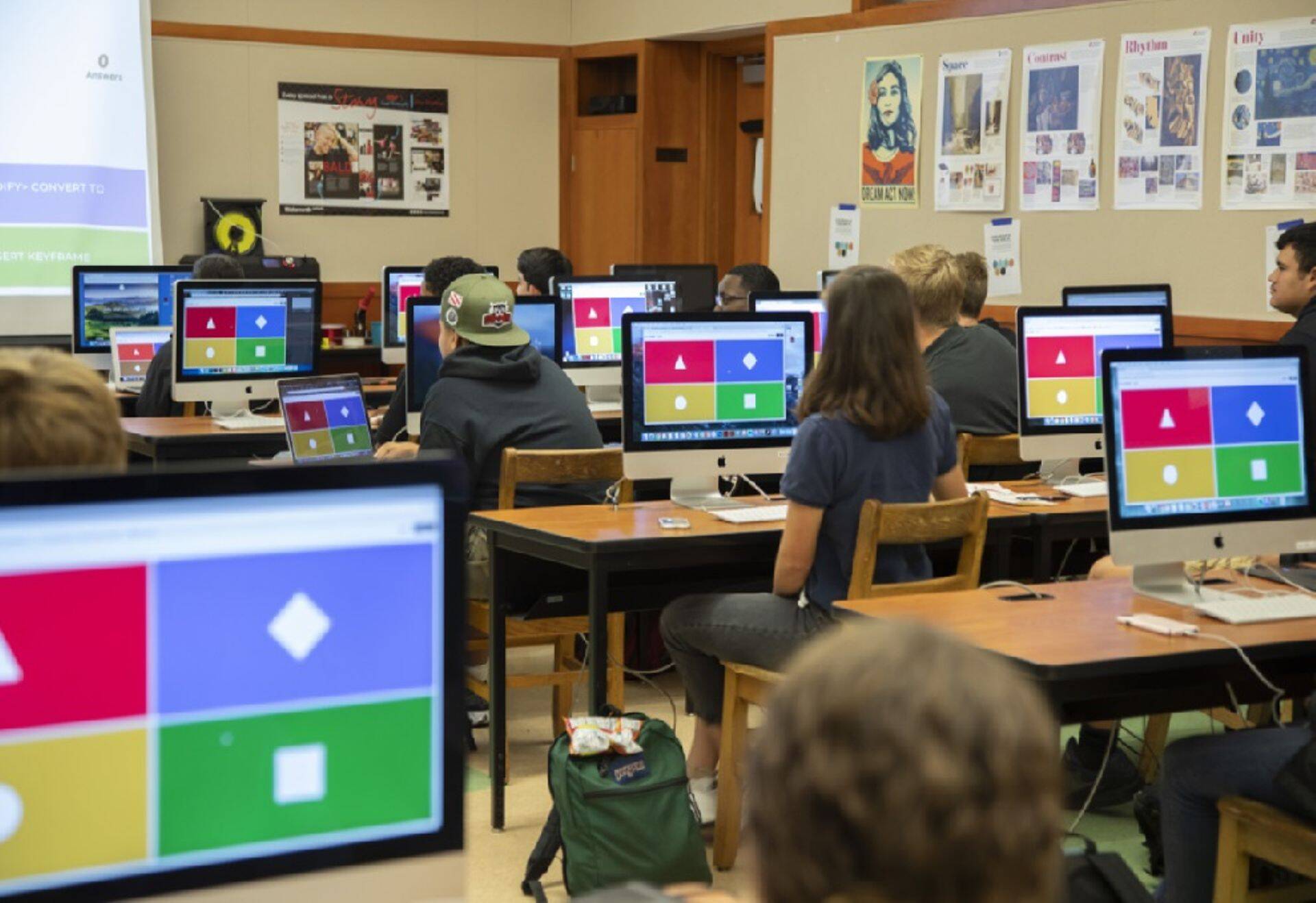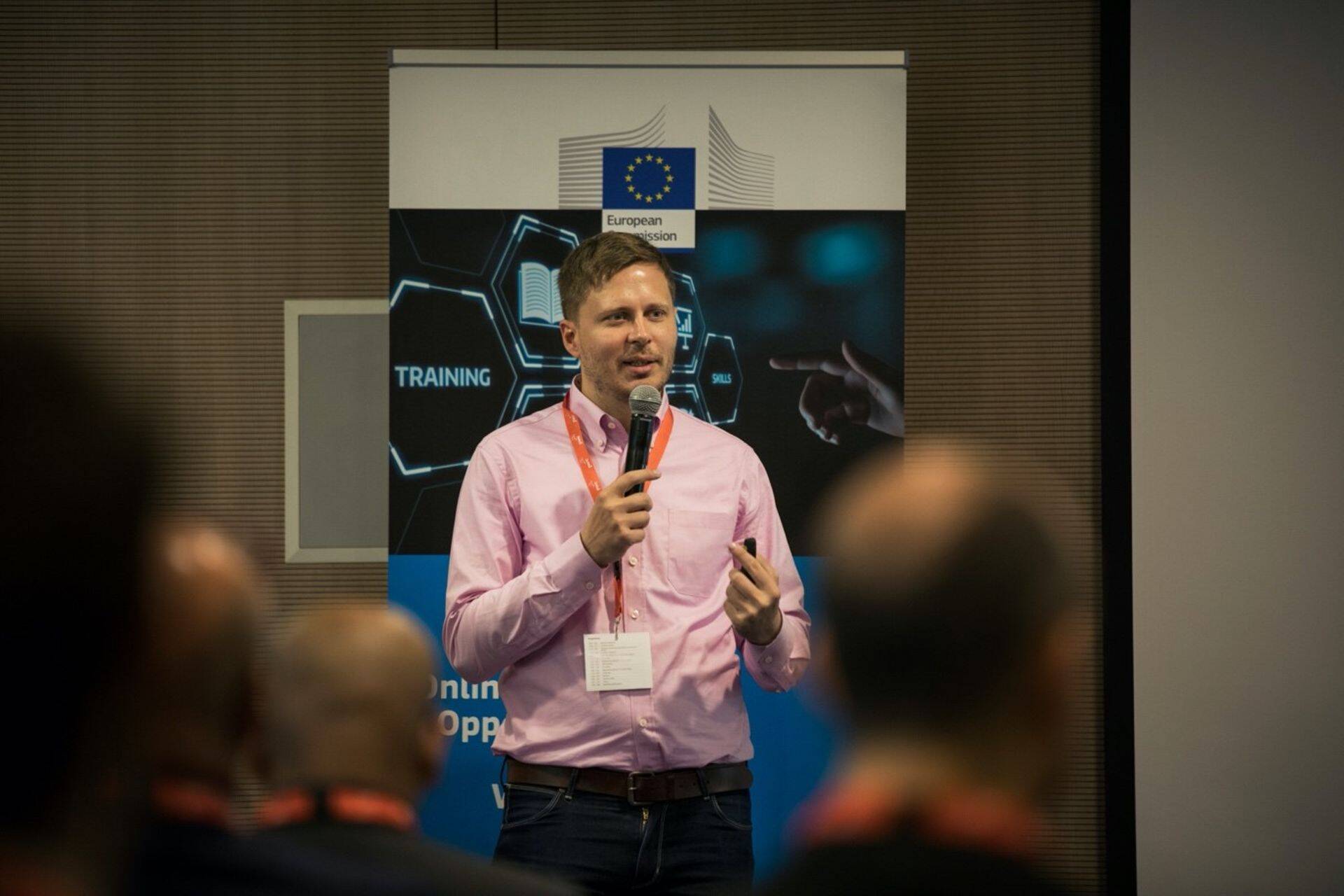Tähelepanu! Artikkel on enam kui 5 aastat vana ning kuulub väljaande digitaalsesse arhiivi. Väljaanne ei uuenda ega kaasajasta arhiveeritud sisu, mistõttu võib olla vajalik kaasaegsete allikatega tutvumine
Where Are Europe's Edtech Unicorns?
It’s fair to say that edtech is far from the darling of European tech. With zero unicorns, it’s lagging behind almost every other sector in terms of innovation and success. With billions flying around everything from bank accounts to dating apps, it’s difficult to understand why more time and money isn’t being invested into education.
With over 20m students in European tertiary education alone, and wide-ranging questions around its quality and the resulting skills gaps, the impact of disruption could be life changing. Not forgetting that 40% of a given teacher’s day is consumed by admin, according to one of our surveys, writes Sifted.
Education is rife for digital transformation. As of January 2020, according to HolonIQ, education expenditures reached $6tn worldwide, eight times bigger than the software market. Outside of the industry, people still want to learn: 9% of app downloads have an educational purpose, according to Statista.
From learning through gaming to online qualifications, edtech has grown to address specific challenges where “traditional” education is limited.
Regardless of the opportunity, investment in education technology globally was at just $16.3bn in 2018, not even 15% of that invested in fintech.
In Europe, the situation is even more dire. There are 14 edtech unicorns globally: five American, eight Chinese and one Indian, but zero here. Why, and will it ever happen?
Market size and opportunity
One of the challenges in Europe is that each country’s education sector is pretty small — and each country’s education system works very differently. Across the continent there are public and private systems, with different exams.
Instead of achieving approval once, in order to be a fully European solution, a company would need to be authorised over 40 times. This is a massive block for anyone looking to make a truly broad impact.
Whilst there are few making positive strides, Duolingo is a great example of a solution actually working. Through its schools offering, the app works as a companion to the curriculum, offering insight on development that couldn’t otherwise be tracked. The exciting successes of Poland’s Brainly and Norwegian Kahoot! in both raising and scaling should be seen as markers for success, albeit they are both solutions for outside the classroom.
European governments and investors need to step up to fund the digital innovation that is desperately needed in the classroom.
Edtech investment
Education is regarded as a tough market for achieving standard venture capital results. Selling into schools and universities is difficult and slow, leading to lower returns from edtechs compared to other innovations.
On average, it takes up to 24 months to get a product into a single school, compared to just three months for a standard business-to-business software-as-a-service product. With edtech sales cycles taking eight times longer, it’s no surprise that these companies aren’t receiving the necessary investment and support to scale, limiting their returns. It’s a continuous cycle.
Edtech badly requires proper support and investment to flourish. According to HolonIQ, last year, less than 3% of the total global education expenditure was on digital. This is predicted to rise to just 5% over the next five years. There is significant room for improvement.
...
FoundME is inviting you on board of a weekly newsletter that will bring you the news and opinion stories from the Estonian startup scene. - Subscribe to FoundME newsletter HERE!
Seotud lood
Iga idu saab alguse ideest. Aga esimene asi, mida teised märkavad, pole sinu pitch deck ega MVP – vaid domeen. See on sinu startup’i esimene pitch. See on see, millega astud oma tiimi ette Slackis, jagad ideed angel investorile LinkedInis või paned selle Product Huntis avalikuks. Kui domeen kõlab nõrgalt, kõlab nõrgalt ka idee.
Enimloetud
4
Viimased uudised
Hetkel kuum
Liitu uudiskirjaga
Telli uudiskiri ning saad oma postkasti päeva olulisemad uudised.
Tagasi FoundMe esilehele










